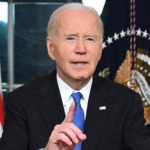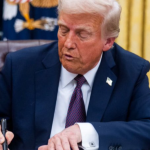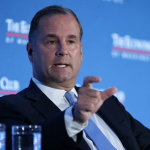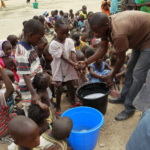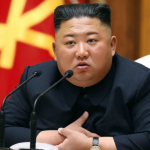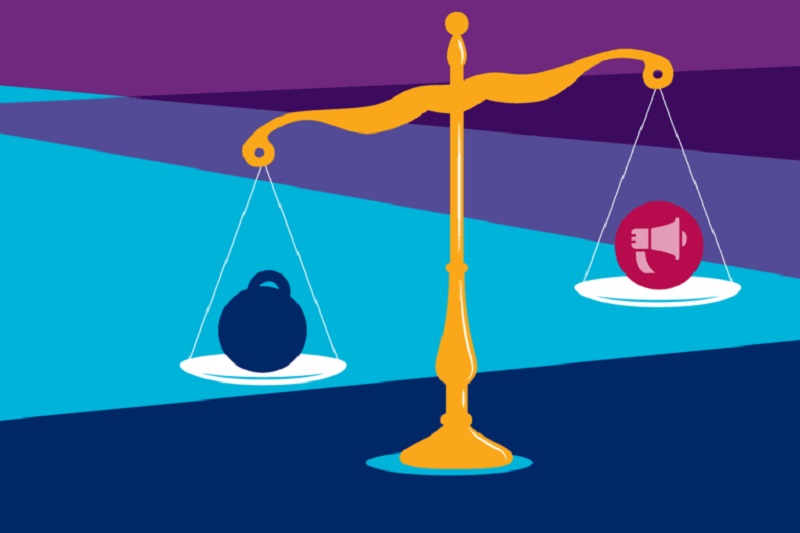
threats to freedom of speech in kyrgyzstan urgent action needed
Human Rights Watch (HRW) has urged the Kyrgyz parliament to oppose two proposed laws because they represent a severe risk to the country’s media freedom and free speech. Additionally, HRW raises issues with a contentious draught bill that would limit the activities of non-governmental organisations. If passed, these legislations could take effect by the end of July 2023 and significantly impact.
Freedom of Speech Under Siege
Human Rights Watch researcher Syinat Sultanalieva claims that the freedom of the press and expression in Kyrgyzstan is worryingly eroding. The number of incredibly restrictive laws is increasing in the nation, and there is also a rise in the number of criminal prosecutions that target independent journalists and media organisations. Sultanalieva emphasises the urgent need for the government to drop its efforts to censor and regulate journalists’ work and to rescind these planned measures.
Draft Law on Protection of Children from Harmful Information
One of the proposed laws is titled “On Introduction of Amendments to Certain Legislative Acts of the Kyrgyz Republic,” often known as the “Protection of Children from Harmful Information Law.” This proposed bill limits some information considered detrimental to children’s health and development by amending the Code of Offences and several other national laws. In violation of the formal parliamentary rules, which stipulate that there must be a minimum of 10 days between each hearing, the parliament swiftly enacted the draught law on June 22 in the second and third hearings.
The proposed law’s Article 2-1, which is crucial, broadens the definition of damaging material to include information about “nontraditional sexual relationships.” The proposed rule would outlaw disseminating this information and punish offenders with fines between $25 and $250. Additionally, it requires print products to be sold or displayed wrapped, prohibiting access by anybody under 18, and it demands warnings on video materials that contain allegedly hazardous information. Human Rights Watch cautions that passing this measure would jeopardise children’s rights.
HRW emphasises the necessity for such regulations to achieve a balance that guarantees that children’s rights to information and freedom of expression are protected, even though safeguarding children from harmful content is a fundamental concern. Access to data on sexual and reproductive health, sexual orientation, and gender identity is part of this.
Keep Reading
Resemblance to Discriminatory Russian Law
Media experts have noted parallels between the proposed changes in this draught bill and the Russian law on “Protection of Children from Information Harmful to Their Health and Development.” This Russian law has already drawn criticism from Human Rights Watch for upholding discrimination against LGBTQ+ people and breaking global human rights norms. Concerns regarding discrimination and human rights breaches are raised by the probable passage of such measures in Kyrgyzstan.
Draft Law on Mass Media
The administration of President Sadyr Japarov has created a second draft law that aims to change the current Law on Mass Media. The bill was first presented for public discussion in September 2022, but after facing criticism, it was pulled from consideration while media experts, solicitors and human rights advocates were consulted further. On May 15, a revised version was presented, adding further restrictive sections such as the ban on “propaganda of same-sex marriages.”
All websites would be considered media entities under the proposed rule, making registration requirements strict. Websites owned by national and international non-governmental organisations and professional groups and those unrelated to media operations may be impacted. The danger of independent media outlets being denied registration due to technical issues would rise due to these new registration rules, giving the government another tool to muzzle dissenting voices.
Also prohibited would be establishing news websites and creating television and radio channels by foreign people or organisations, including dual nationals of Kyrgyzstan.
Calls for Withdrawal and Collaboration
Along with HRW, other national and international organisations have called on the Kyrgyz government to rescind the proposed regulations and work constructively with journalists and media specialists to develop modifications. Kyrgyzstan’s international human rights reputation would suffer severely if these legislations were passed. HRW stresses the government’s importance in upholding the nation’s human rights commitments and promptly removing the proposed laws.
Concern is being expressed by proponents of human rights about the proposed draught legislation in Kyrgyzstan that aim to limit freedom of expression, media access, and non-governmental organisations’ operations. Human Rights Watch and other groups emphasise that Kyrgyzstan must uphold its duties under international human rights law, guarantee freedom of expression, and ensure that law intended to protect children strikes the correct balance between ensuring their safety and upholding their rights.



